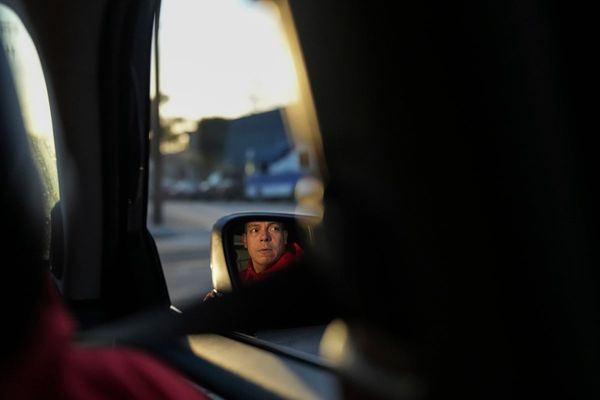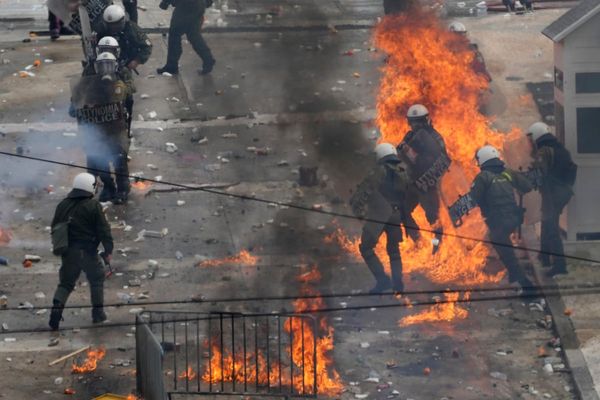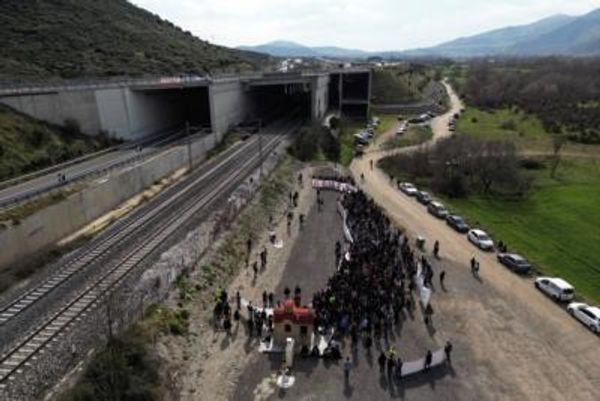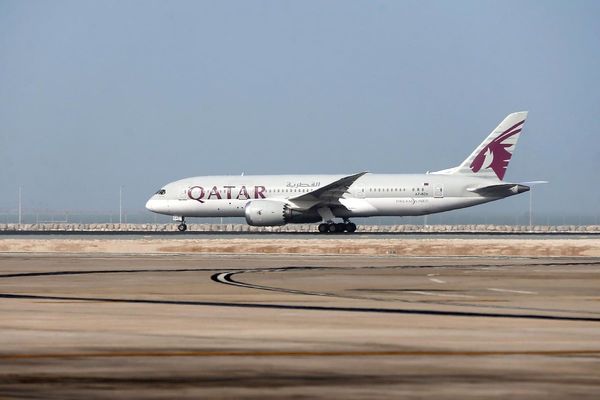As the world watches Russia's invasion of Ukraine, a similar tale is playing out on the stage in Adelaide.
A mad Russian emperor, the fictitious Tsar Dodon, invades a neighbouring country in the opera The Golden Cockerel, a centrepiece of the Adelaide Festival which is very close to home for its Russian and Ukrainian cast.
"The events identify the current state of affairs in Russia and that's what makes it more meaningful," chorus member Alex Pokryshevsky said.
Russian composer Nikolai Rimsky-Korsakov wrote the opera in protest at his country's war against Japan early last century.
The opera's libretto was written by Vladimir Belsky, who based the text on Alexander Pushkin's poem The Tale of the Golden Cockerel.
Government censorship meant he never saw it performed — but this satire of autocracy was as biting then as it is today.
In an ironic twist, Ukrainian singer Pavlo Hunka is playing the Russian emperor who wants to expand his empire.
"Perversely, it's going to help Ukraine," he said.
"We'll be more on the map than we were previously.
Outside opera, Hunka's passion project is bringing Ukraine's traditional music — much of which was composed in defiance of Russian prohibitions — to prominence.
"I fell in love with Ukrainian art song and this is linked to Putin's outrageous statement just last week that the Ukrainian nation doesn't exist — it really is Russia," he said.
"Well, that's rubbish. We have over 1,200 art songs and that puts us in second place in the world when it comes to the number of classical art songs that have been composed … by Ukrainian composers.
It is easier for the cast's Ukrainian actors to comment on the invasion, while its Russian members must let the play speak for them.
"What being free is, is saying what I'm saying to you right now," Hunka said.
"It would be foolhardy to expect one of the cast from St Petersburg or Moscow to even think about talking in this manner.
"They would be sanctioned."
The Odyssey remixed
Another festival showpiece, the Adelaide Biennial of Australian Art, features Ukrainian artist Stanislava Pinchuk, who has been working in the conflict zone since 2014.
"This is something that escalated this week in an unthinkable and unfathomable way, but this is eight years where the world had a chance to not let this happen," she said.
Pinchuk's work takes parts of Homer's Odyssey and mixes it with quotes from leaked reports about asylum seekers held on Manus Island and Nauru.
"The Odyssey is a really human and kind of eternal story and also it's very much profound this week with what I'm seeing in my home country, Ukraine," she said.
With a million Ukrainians fleeing the war, she wants Australians to think about how they treat people escaping from conflict.







